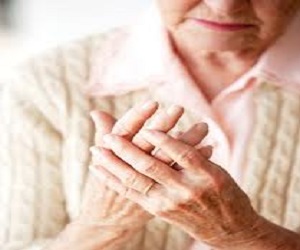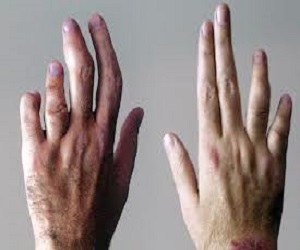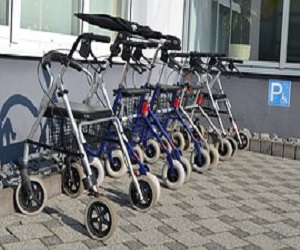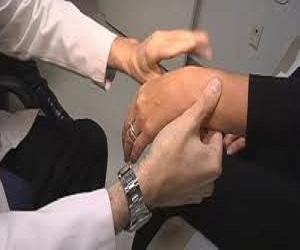The most common knee arthritis is osteoarthritis, a degenerative disease where cartilage in the joint gradually wears away. Another is rheumatoid arthritis, which can also affect the knees, where the joint becomes inflamed and the cartilage may be destroyed. Arthritis does not only affect the joints, even supporting structures such as muscles, tendons, and ligaments may also be affected.
Signs Of Knee Arthritis And Diagnosis
A person who has knee arthritis may experience pain, swelling and a decrease knee motion. The most common symptom is morning stiffness that usually reduces after moving around. Sometimes knee joints locks or clicks when the knee is bent or straightened, but these signs may also be present in other knee disorders. The disorder may be confirmed through diagnosis performed by a doctor through x-rays, which would show loss of joint space. Blood tests are very helpful in diagnosing rheumatoid arthritis, but other tests may be needed. Fluid analysis from the knee joint helps in the diagnosis of some kinds of arthritis as well. Arthroscopy can be used by the doctor to visualize damage to cartilage, tendons, and ligaments and to confirm diagnosis. However, arthroscopy is only usually done if a repair procedure is to be performed.
Knee Arthritis Treatment
In it's early stages, knee arthritis is treated with non-surgical measures:
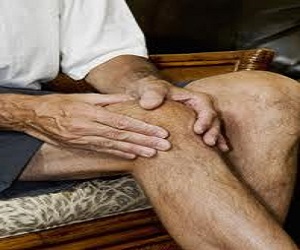 Lifestyle modification includes losing weight, switching from running or jumping exercises to swimming or cycling, and also includes minimizing activities that pushes stress on the knee like climbing the stairs.
Lifestyle modification includes losing weight, switching from running or jumping exercises to swimming or cycling, and also includes minimizing activities that pushes stress on the knee like climbing the stairs.
Exercises help in increasing range of motion and flexibility as well as strengthening the muscles of the leg.
Using supportive devices such as cane, wearing a brace on knee sleeve, or wearing energy-absorbing shoes or inserts can be helpful.
Other measures like applying heat or ice, water exercises, liniments or elastic bandages, can improve the condition.
Use of prescribed drugs like anti-inflammatory medications (aspirin, acetaminophen or ibuprofen) helps reduce swelling, glucosamine and chondroitin sulfate may relieve the pain of osteoarthritis, corticosteroids that are powerful anti-inflammatory agents that are injected to the joints, and other types of drugs. However, since every patient is different and not all people respond to the same medications, consulting a doctor is always the first step before taking any medication.
Surgical Treatment
If the knee arthritis does not respond to these non-surgical treatments, then a surgey may be needed.
Arthroscopic Surgery
This type of knee arthritis surgery uses fiber optic technology to enable the surgeon to see inside the joint and clean it of debris or repair torn cartilage.
Osteotomy
This type of knee arthritis surgery cuts the shinbone (tibia) or the thighbone (femur) to improve the alignment of the knee joint.
Total Or Partial Knee Arthroplasty
This type of knee arthritis surgery replaces the severely damaged knee joint cartilage with metal or plastic.
Cartilage Grafting
Is a possible procedure for some knees with limited or contained cartilage loss from trauma or knee arthritis.
New ways of treating knee arthritis have been continually researched by orthopedic surgeons as well as new drugs on cartilage transplants and other ways to help slow the progress of arthritis.

